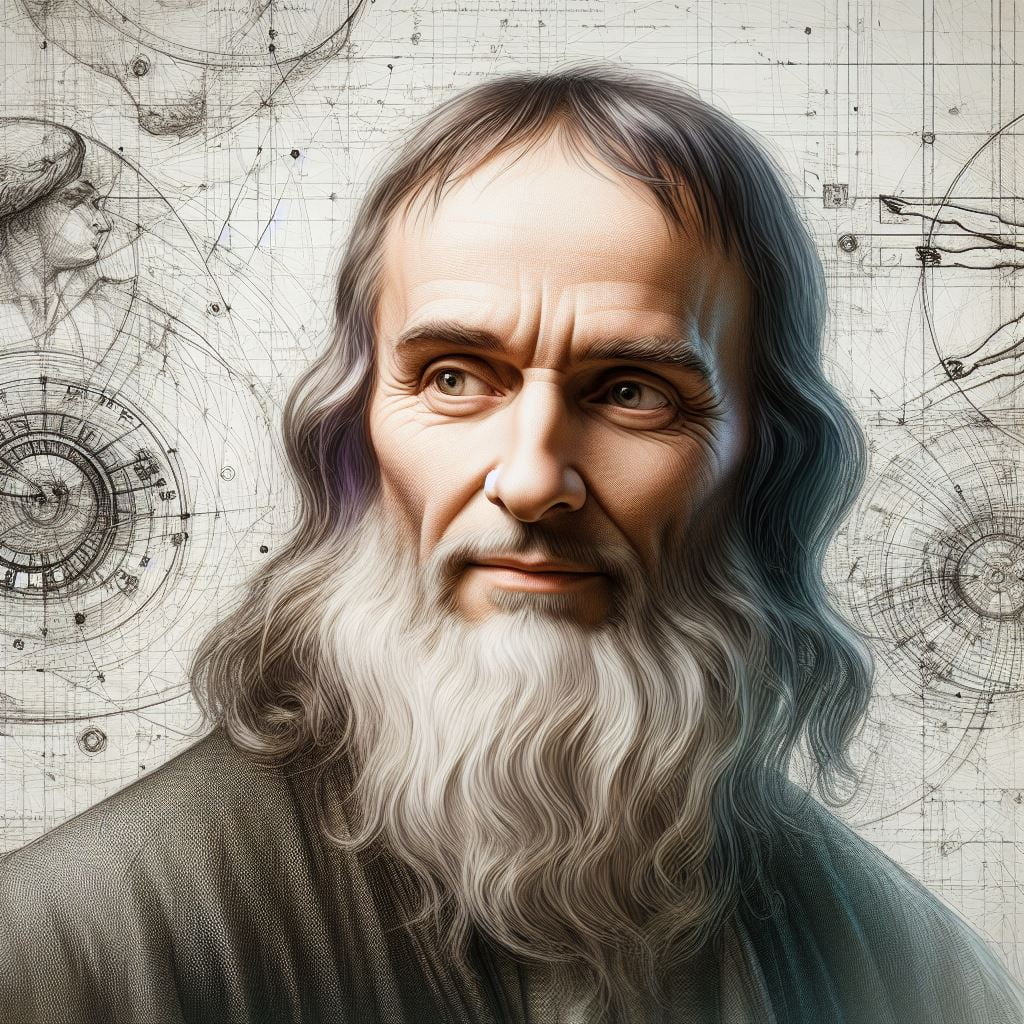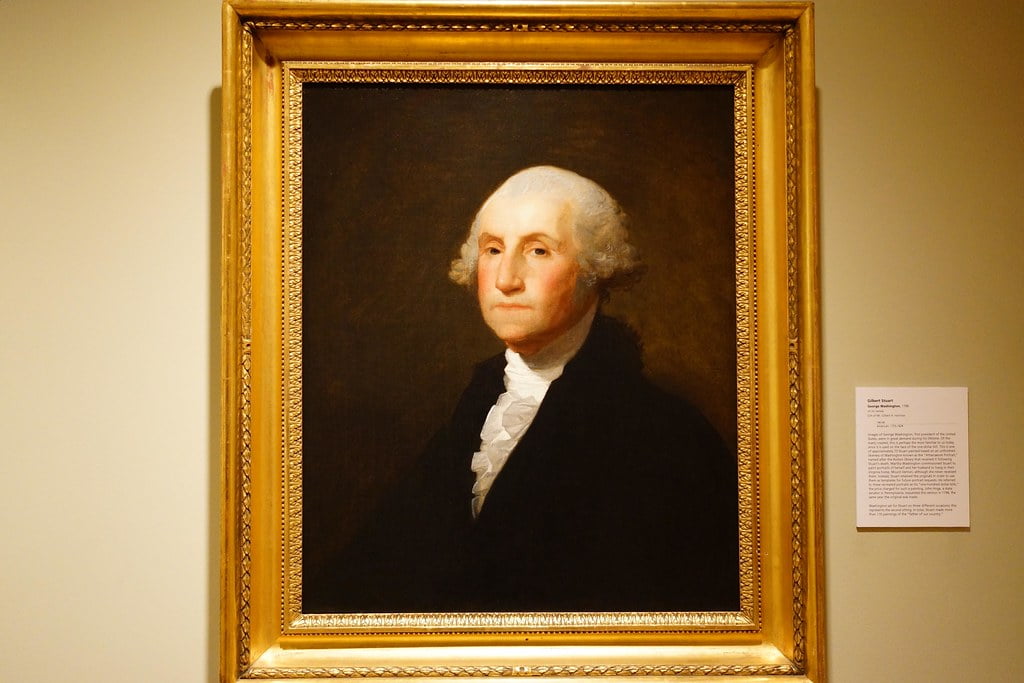Introduction
Rene Descartes was one of the most influential philosophers of the 17th century. He made major contributions in the areas of metaphysics, epistemology, mathematics, and science. Descartes is considered the father of modern philosophy for establishing a new starting point for Western thought after the Middle Ages.
In this article, we’ll explore some fascinating facts about Descartes’ life and highlight his famous philosophical ideas that still resonate today. We’ll also look at his enduring legacy and some of his thought-provoking quotes on the nature of truth, knowledge, and existence. Read on for mind-blowing facts about this famous philosopher that you need to know in 2024!
Background on Rene Descartes
To understand Descartes’ philosophical contributions, it helps to know a bit about his background and context. Here are some interesting details about his early life and major works.
Early Life and Education
- Descartes was born in 1596 in La Haye, France. His full name was Rene Descartes de La Haye.
- He was often sick as a child and his health remained fragile throughout his life. This gave him time to think and meditate.
- Descartes was educated by the Jesuits, first at the College Royal Henry-Le-Grand in La Fleche and later at the University of Poitiers where he earned a licentiate in law.
- In 1618, Descartes moved to the Netherlands and spent much of his life there, studying and writing in relative solitude.
- As a young man, he served in the army of Prince Maurice of Nassau for a brief time. This exposure to military engineering influenced his later work on optics and geometry.
Major Works and Contributions to Philosophy
- Descartes’ major works include Discourse on the Method (1637), Meditations on First Philosophy (1641), and Principles of Philosophy (1644).
- In these works, he challenged contemporary Scholastic approaches and developed his own philosophical system based on deductive reasoning and radical doubt.
- Descartes is considered the father of modern Western philosophy for establishing a new foundation of knowledge based on individual self-awareness and rationalism.
- He originated the famous dictum, “I think, therefore I am” and theorized that reality consists of two different substances – mind and matter.
- Descartes’ analytical geometry unified algebra and geometry, enabling him to develop the Cartesian coordinate system used in planes and space.
Fun Facts About His Personal Life
- Descartes never married, though he had a daughter named Francine with his lover Helena Jans. Tragically, Francine died of scarlet fever at age 5.
- He had a fetish for cross-eyed women. Some historians believe this motivated his interest in optics and how light refraction affects vision.
- Descartes frequently slept late and liked to stay in bed to work on his ideas until 11am or noon.
- He was known to play the lute and gamble recreationally. Descartes saw music and math as connected by their patterns and harmony.
- As a young man, he kept a journal of observations called the Olympica where he resolved to only record truths he directly witnessed or proved through logic.
- Descartes allegedly had recurrent dreams and visions that inspired some of his philosophical ideas and convictions.
Descartes’ Famous Philosophical Ideas
Descartes pioneered some revolutionary philosophical concepts that challenged medieval scholasticism. Here are some of his most famous ideas that still generate discussion today.
“I Think, Therefore I Am”
- In his Meditations on First Philosophy, Descartes sought an irrefutable truth to use as the foundation for his reasoning.
- He employed a process of radical doubt, rejecting any ideas or beliefs that could possibly be false.
- Descartes concluded that the only thing he could not logically doubt was the fact that he was thinking – thus establishing his famous cogito ergo sum principle.
- “I think, therefore I am” became a cornerstone of Cartesian philosophy, grounding knowledge in the individual’s self-awareness.
Cartesian Doubt and Skepticism
- Descartes employed hyperbolic (exaggerated) doubt to challenge all pre-existing beliefs and traditional authorities.
- His skeptical arguments posited that our senses could be deceived by an evil demon and our reality might be an illusion.
- Cartesian doubt established skepticism as a new philosophical approach and scientific method based on logic rather than faith.
- It led Descartes to only accept ideas he could directly intuit as true as the basis for certain knowledge.
Mind-Body Dualism
- Descartes viewed reality as consisting of two distinct substances – mind (consciousness) and body (physical matter).
- He argued that mind and body interact but are separate entities with different essences.
- The mind is unextended, indivisible, and non-material, while the body is a physical machine-like system extended in space.
- Descartes’ mind-body dualism set the agenda for modern philosophy’s focus on metaphysics and the philosophy of mind.
- However, his separation of mind and body as two distinct substances has also been widely critiqued.
Rationalism vs. Empiricism
- Descartes promoted a rationalist approach to knowledge, in contrast to empiricism’s reliance on sensory experience.
- He held that true understanding derives from intuition and deductive reasoning within the mind, not observed facts.
- Descartes believed that only a few self-evident, innate ideas exist, while all other knowledge develops logically from them.
- His rationalism influenced other philosophers like Leibniz and Spinoza, opposing the empiricist school started by Locke and Hume.
- The debate between rationalism and empiricism became a central issue in modern Western philosophy.
Descartes’ Enduring Legacy
Although controversial in his era, Descartes left an enduring legacy that continues to shape philosophy, science and mathematics.
Influence on Modern Philosophy
- Descartes pioneered a new approach focused on epistemology and the use of reason to scrutinize knowledge.
- His ideas opened the era of modern philosophy and set the stage for great thinkers like Spinoza, Leibniz, Pascal, Locke, and Hume.
- Cartesian skepticism propelled the development of empiricism as thinkers sought new foundations of knowledge.
- Issues like mind-body dualism remain central to metaphysics and the philosophy of mind.
Impact on Mathematics and Science
- Descartes’ analytical geometry unified algebra and geometry, enabling the development of calculus.
- His Cartesian coordinates facilitated graphing equations and became foundational to modern mathematics.
- In optics, Descartes discovered the law of refraction and helped explain how lenses focus light.
- Though flawed, his mechanistic view of organisms helped overthrow the ancient organic cosmology.
- Cartesian dualism shifted the focus of science to physics and mechanics of matter in motion.
Quotes About Truth, Knowledge, and Existence
Descartes left us many profound quotes that capture the essence of his philosophical outlook:
- “I think, therefore I am”
- “I will suppose… that some evil demon has employed his whole energies in deceiving me.”
- “Divide each difficulty into as many parts as is feasible and necessary to resolve it.”
- “Except our own thoughts, there is nothing absolutely in our power.”
- “If you would be a real seeker after truth, it is necessary that at least once in your life you doubt, as far as possible, all things.”
Conclusion
In summary, Rene Descartes was one of history’s most influential philosophers and an intellectual giant of the 17th century. He pioneered analytic geometry, metaphysical dualism, rationalism, and radical philosophical skepticism. Descartes’ famous declaration “I think, therefore I am” remains a starting point for determining the basis of knowledge. His ideas continue to shape philosophical debates on the nature of truth, the limits of knowledge, mind-body interaction, and the foundations of science. Learning fun facts and quotes about Descartes provides fascinating insight into his enduring legacy as the father of modern Western philosophy.




